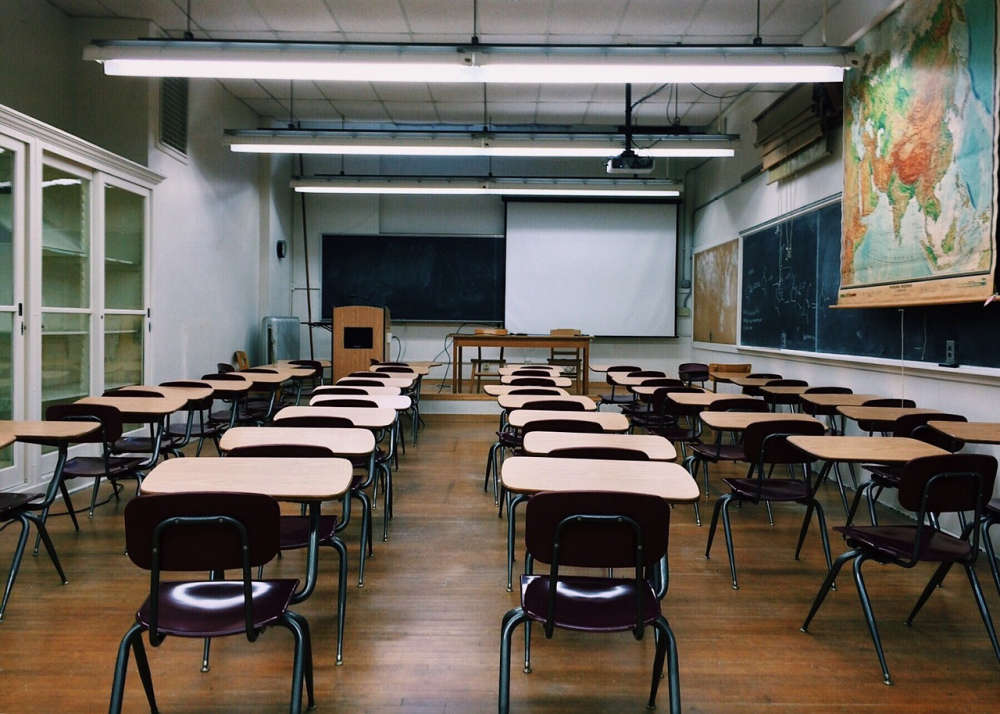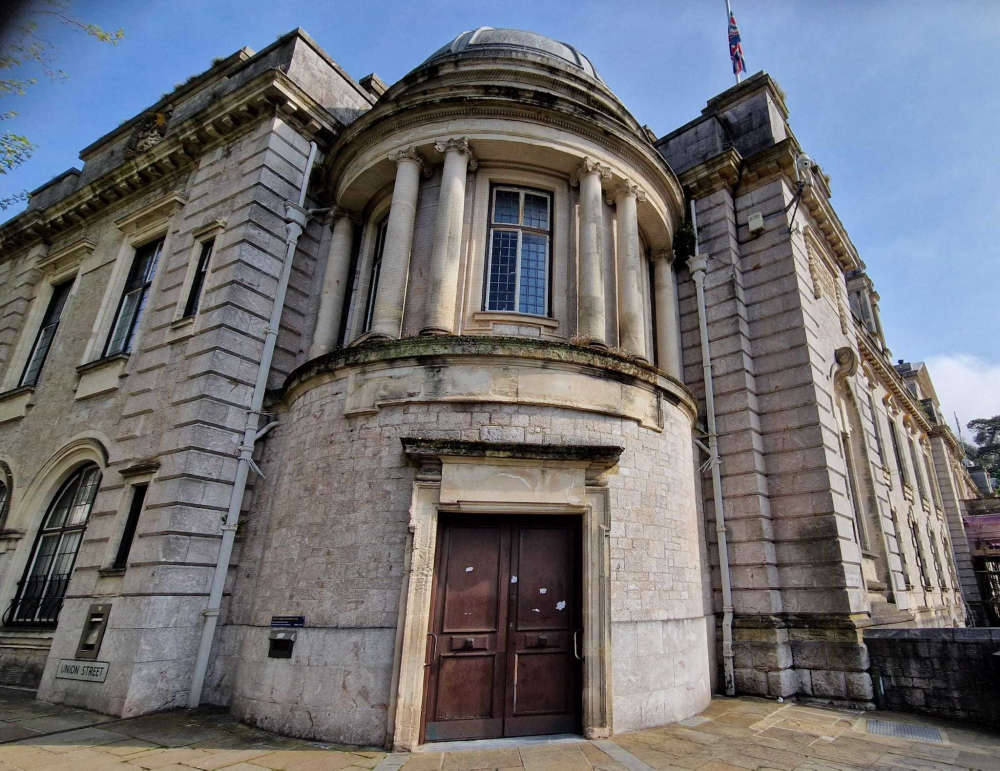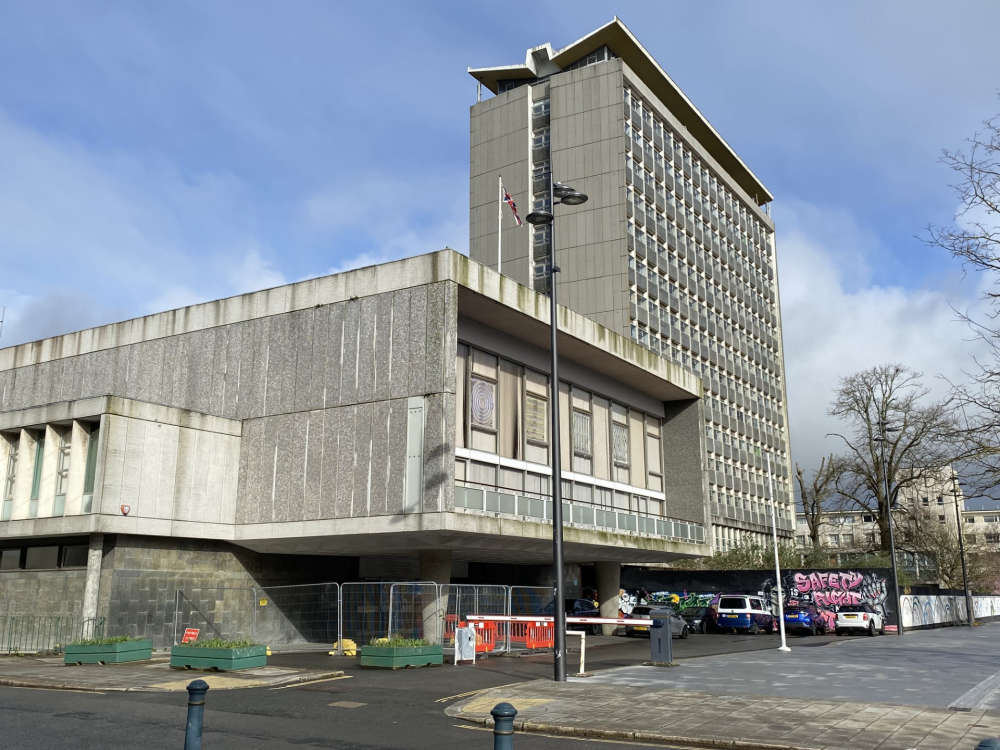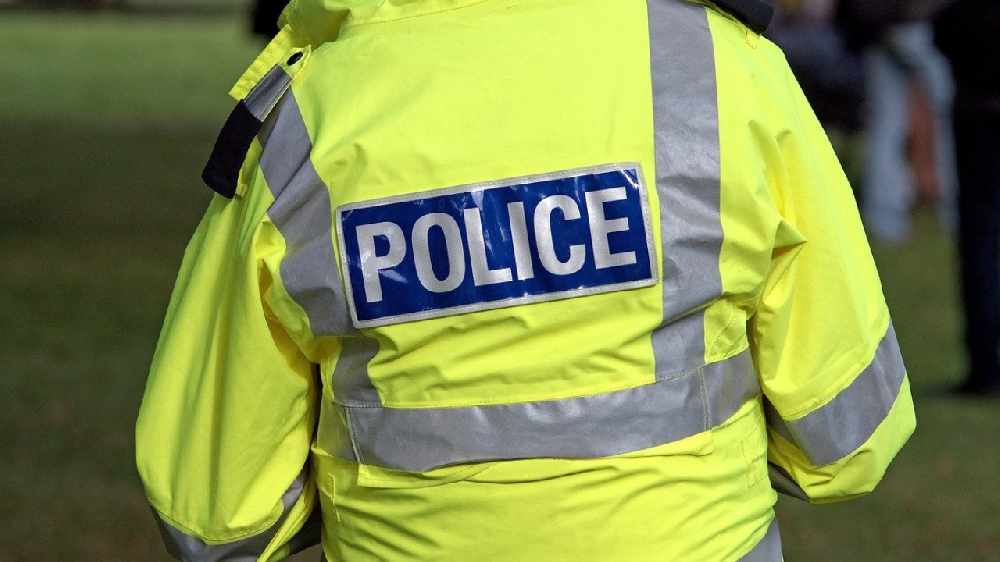
Issues around connection and belonging, says education boss
Plymouth has nearly twice the national average number of children permanently excluded from school because of behaviour problems.
In the last academic year, 7,285 suspensions were issued, accounting for 11,300 days of lost learning, making the average suspension a day and a half.
At 114, the number of children expelled last year was up 30 on the year before, which in turn was up 31 on 2021/22.
Speaking at the council’s children, young people and families scrutiny panel Scott Simpson-Horne of All Saints Academy said “happy communities produced happy children and happy children don’t get permanently excluded”.
The head of Widey Court Primary School, Crownhill, Shaun Nicholls, said his school offered a flexible curriculum and other measures to help the most vulnerable pupils but added: “Schools can only be therapeutic places up to a point… We are dealing with long-term domestic violence, alcohol and substance abuse in the home, cases of a child in need where parents do not want to engage.”
He continued: “Each one of those children is incredibly vulnerable and resources for schools to tackle that and support those pupils really tight.
“Other resources in the local authority have also had their belts tightened. It’s not a surprise that the children who go through significant trauma are the ones that come out with behaviours that are really dangerous.”
More than 80 per cent of children permanently excluded were known to children’s social care in previous six years, councillors was told.
And more than half of suspended or expelled children had low rates of school attendance, special educational needs or disabilities, and or were eligible for free school meals or the pupil premium.
Children had a much greater risk of being suspended when they move to secondary school and levels were higher in areas of high deprivation.
Rob Williams, director of education at the Ted Wragg Multi Academy Trust which runs school in Plymouth, Exeter, Crediton and East Devon, said although the issues are more concentrated in secondary schools, they do take place in primary settings too.
The west and north of Plymouth are the most deprived areas and are getting greater investment.
Mr Williams said that covid lockdowns led to a “fracturing of social contact that existed between families, communities and schools” and a lot of work is needed to turn that around.
“The reasons for the data are not solely about what happens between 8.30am and 4pm Monday to Friday during term term. These are very complex issues, but if we can bring everyone together as a team we have got a real shot of tacking this,” he said.
Cllr Sally Cresswell (Lab Stoke), cabinet member for education, said among initiatives taking place is an early language project, supporting the development of children’s vocabulary so they can communicate better, therefore reducing behaviours that may increase the risk of exclusion.
A vulnerable pupils’ panel, involving education providers, police and children’s social care, supports professionals in mainstream schools so they can meet the needs of children with special needs.
Plymouth’s schools have committed to a “trauma-informed approach” where staff are trained to adapt their approach to children.
 Torbay adult social care rated 'good'
Torbay adult social care rated 'good'
 Hospitals brace for Junior Doctor strikes
Hospitals brace for Junior Doctor strikes
 Mixed report for Plymouth adult social care
Mixed report for Plymouth adult social care
 £40k of sports club machinery stolen
£40k of sports club machinery stolen
 Devon duo set for Sheep Shearing "Olympics"
Devon duo set for Sheep Shearing "Olympics"
